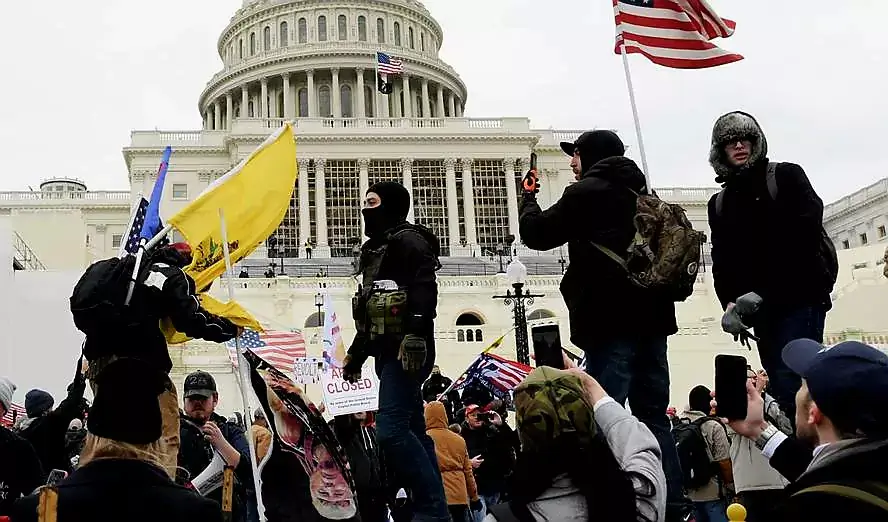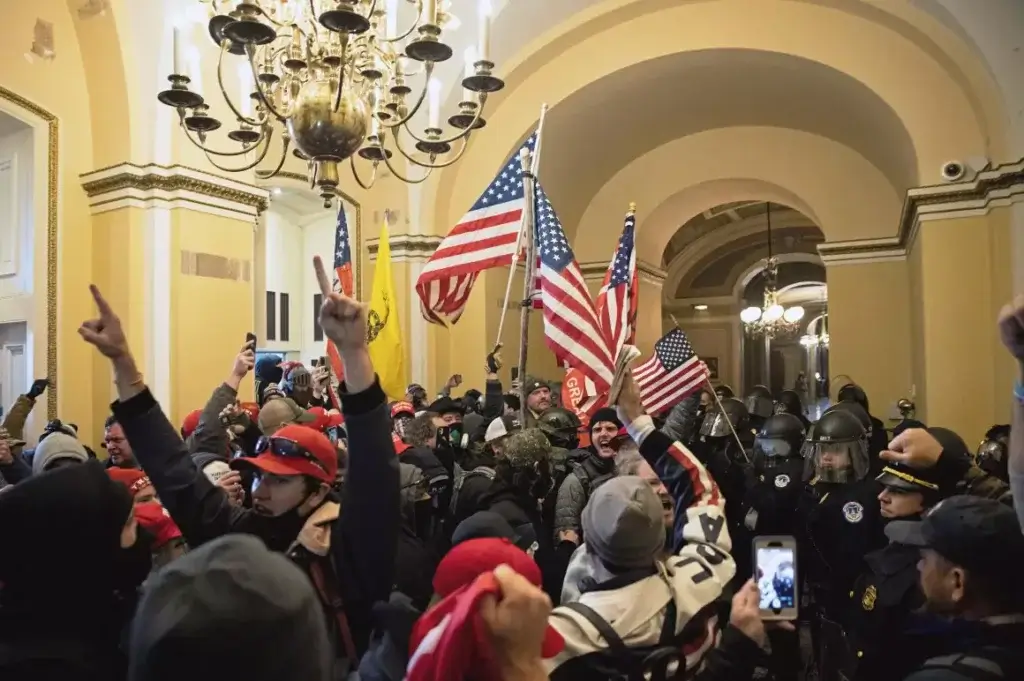The coordinated attack on Texas’ Prairieland Detention Center on July 4, 2025, signals a growing and alarming New Face of Domestic Terrorism in USA. When 11 individuals used fireworks to distract law enforcement and then ambushed a responding officer, it became clear that the threat is no longer foreign — it’s born and bred within American boundaries.
Understanding the New Face of Domestic Terrorism in America
In recent years, America has suffered a sharp increase in ideological extremism rooted in political polarization. The New Face of Domestic Terrorism in USA doesn’t wear a uniform, wave a foreign flag, or operate from distant deserts — it’s local, digital, and increasingly hard to detect.
These homegrown extremists are radicalized via online communities and social media, often believing they are protecting constitutional freedoms. In reality, they pose a severe threat to law enforcement, government institutions, and national unity.

Social Media:A Weapon of Radicalization
Unlike conventional terrorist networks, today’s domestic threats require no formal training. Platforms like Telegram, Reddit, and YouTube have become incubators for anti-governmental sentiment, hate speech, and calls to violent action.
The Prairieland suspects had reportedly consumed material framing ICE and federal agencies as “oppressors,” creating a moral framework that justified violence in their minds.
Why This Attack Matters
This was not an isolated incident. Attacks on police, ICE facilities, and even voting offices are becoming worryingly common. This new face of domestic terrorism in the United States is characterized by:
American-born attackers
Ideologically driven motives
Use of symbolic days like 4th July
Pre-planned ambushes targeting law enforce
The FBI and DHS have consistent warned that homegrown domestic terrorism is now the #1 internal threat to the U.S. homeland.
Three-Pronged Response Needed
To combat this rising threat, America must react with more than policing:
- Responsible leadership: Politicians must avoid divisive language that fuels radicalism.
- Platform regulation: Tech companies must take more liability for hate content.
- Civic education: Preventing radicalization starts in schools and societies.



